Object of Intrigue: The Juvenile Oscars
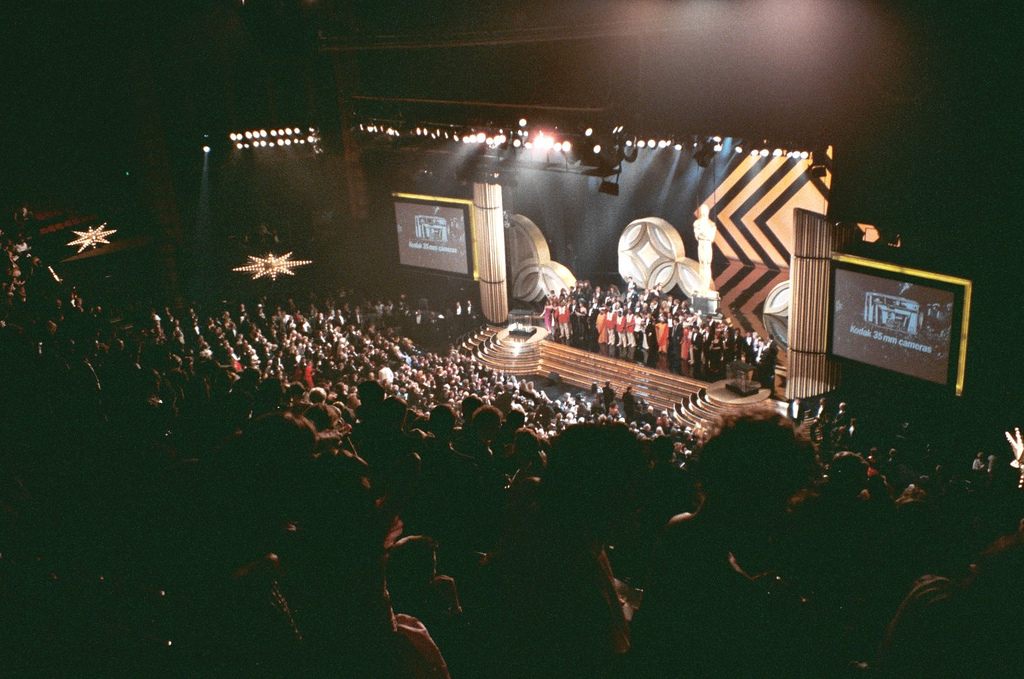
The 1988 Academy Awards. (Photo: Alan Light/Flickr)
The phrase “Juvenile Oscars” may evoke images of a tux-clad Seth MacFarlane singing songs about boobs, but it also refers to something else from Oscar nights gone by: special Academy Awards that were doled out to young stars.
In 1935, at the seventh ever Oscars, a six-year-old Shirley Temple was awarded the first Academy Juvenile Award for her outstanding performances of the previous year. (The pin-curled workhorse managed to appear in 10 films made in 1934, including Bright Eyes, Stand Up and Cheer! and Baby Take a Bow.)
From then until 1961, special Juvenile Oscars—which, at seven inches tall, were about half the size of the adult versions—were awarded for exceptional performances by child actors ranging in age from six to 18. These could be awarded for a role in one film, or for general excellence over a calendar year.
Young actors could still be nominated for Oscars in the standard Best Actor/Actress and Best Supporting Actor/Actress categories, but they generally ended up losing to the adult nominees. The Juvenile Oscar allowed the Academy to recognize outstanding child performers without forcing them to compete against the grown-ups.
Among the recipients were 16-year-old Judy Garland (for her work in 1939, including The Wizard of Oz and Babes in Arms), 18-year-old Mickey Rooney (for eight films in 1938), and eight-year-old Margaret O’Brien, for her role opposite Judy Garland in the 1944 film Meet Me in St. Louis.
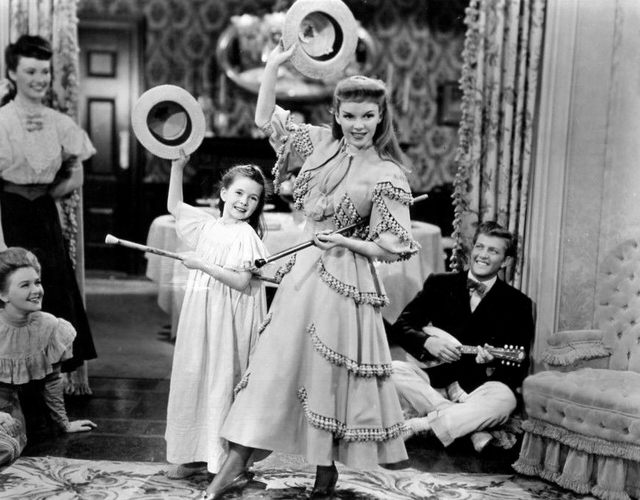
Margaret O’Brien (left) alongside fellow Juvenile Oscar recipient Judy Garland in Meet Me in St. Louis (1944). (Image: Public domain/Wikipedia)
Alongside these big names were some brilliant out-of-nowhere performances, like that of Czech child Ivan Jandl. In 1948, aged 11, Jandl appeared alongside Montgomery Clift in The Search, a World War II film in which his character, Karel Malik, is separated from his family, sent to Auschwitz, then taken to an American orphanage. Traumatized and unable to speak beyond the phrase “I don’t know” in Czech, Malik searches for his mother and gradually learns to trust the American soldiers. Many of the scenes were shot amid the real-world ruins of German cities where Word War II battles took place.
Jandl was honored at the 1949 Academy Awards ceremony, but was not permitted to travel to the United States to accept the accolades. According to The Search director Fred Zinnemann, the Juvenile Oscar ended up being a curse for young Jandl. “The [Soviet] regime punished him for getting a splendid award from the ‘capitalist West,’” he wrote in his autobiography. Jandl was forbidden from working in any more films and not allowed to accept foreign contracts or travel abroad.
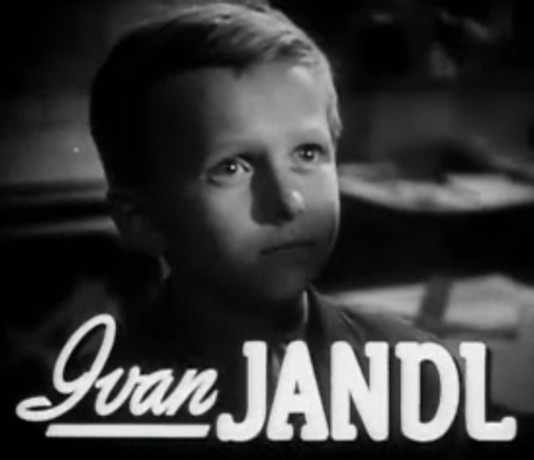
Ivan Jandl in The Search (1948). (Image: Public domain/Wikipedia)
The year after the unlikely Czech star was awarded his Oscar in absentia, another young star, 13-year-old Bobby Driscoll, scored an Academy Juvenile Award for his performances in the Disney animation/live action film So Dear to My Heart, and the noir movie The Window. In The Window, Driscoll’s character, Tommy, witnesses a murder, but because Tommy has a reputation for telling tall tales, no-one believes his story. The tension-ridden scene in which the killer confronts Tommy showed Driscoll could play “terrified” very convincingly:
After wowing audiences with his natural acting abilities during the ’40s and ’50s, Driscoll took an unfortunate turn. Mocked by schoolmates for his showbiz ways, he delved into heroin as a teenager and, like fellow Juvenile Award recipient Judy Garland, became a long-term drug user.
In 1968, a few weeks after Driscoll turned 31, his body was discovered in a derelict East Village tenement in New York. Bereft of identification, he was interred at the city’s indigent burial ground on Hart Island. It was over a year before police did some fingerprint-matching and were able to notify Driscoll’s mother of her son’s death.
On the opposite end of the dark-sunny spectrum, the last ever Juvenile Award was given to Pollyanna star Hayley Mills in 1961, for her portrayal of the eternally optimistic title character. Here she is winsomely inducing an existential crisis in a preacher:
At the 1963 Oscars, 16-year-old Patty Duke was nominated for the Best Supporting Actress award for her performance in The Miracle Worker. She won, which the Academy took as proof that the Juvenile Award was no longer needed.
Since Duke’s win, two more young performers have scored golden statues. Tatum O’Neal was 10 when she took home the Best Supporting Actress award for Paper Moon in 1974. Anna Paquin was 11 when she won the same award for The Piano in 1994.
Ten more young actors have been nominated in the supporting categories since 1962—including 2016 nominee Saoirse Ronan, who was nominated for 2007’s Atonement at the age of 13.



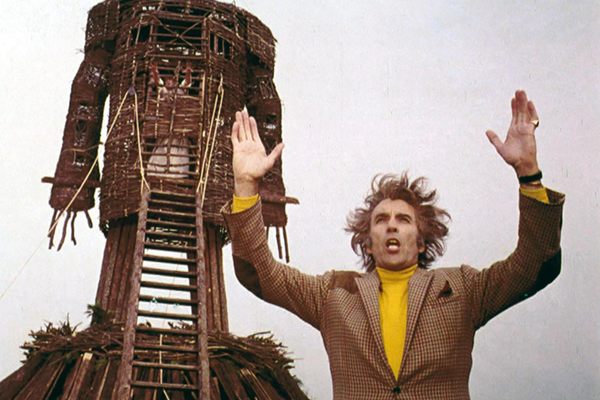

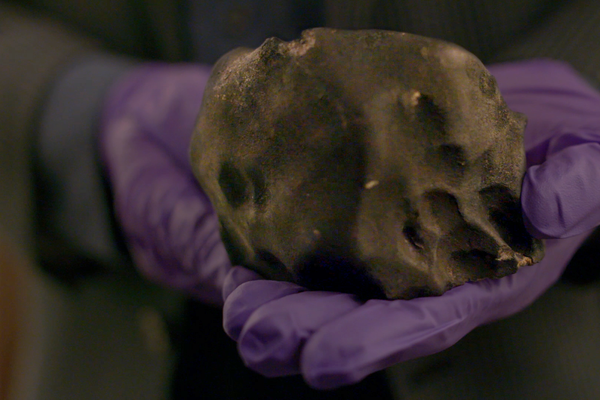
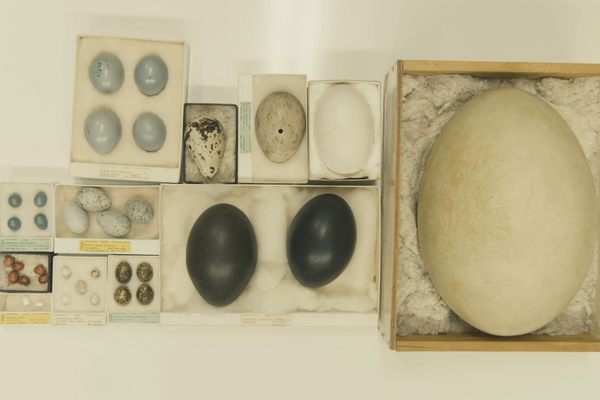
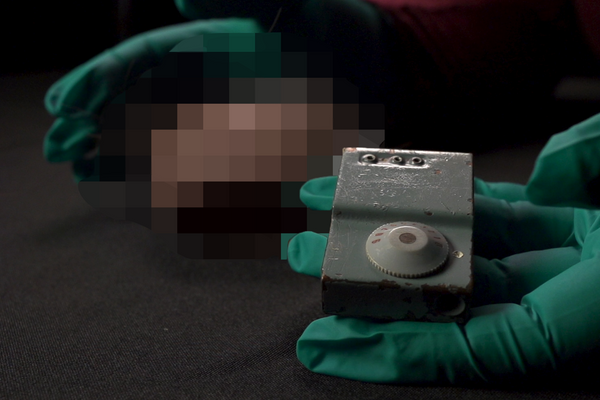



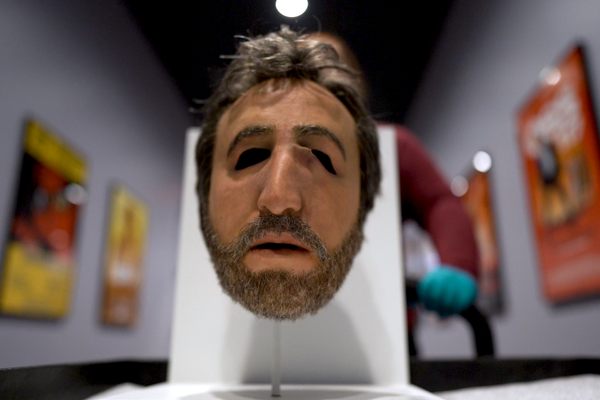




Follow us on Twitter to get the latest on the world's hidden wonders.
Like us on Facebook to get the latest on the world's hidden wonders.
Follow us on Twitter Like us on Facebook